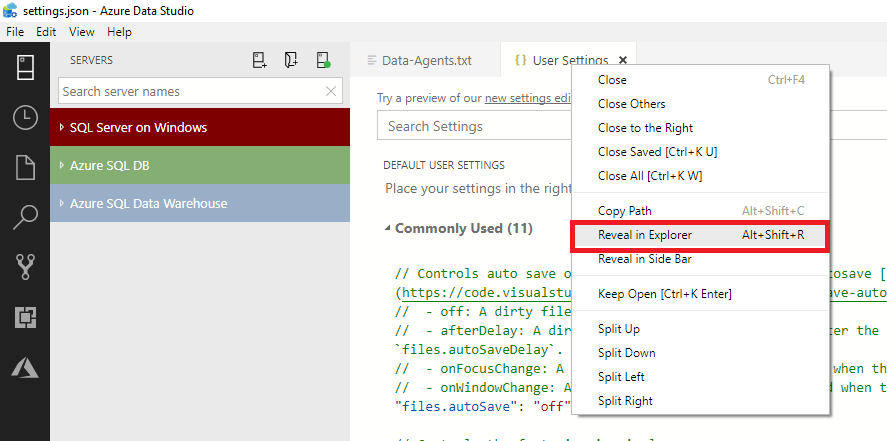Microsoft Azure Download For Mac
- Start quickly with the most recent versions of Word, Excel, PowerPoint, Outlook, OneNote and OneDrive —combining the familiarity of Office and the unique Mac features you love. Work online or offline, on your own or with others in real time—whatever works for what you’re doing.
- Mac OS to: Set up a Microsoft Azure account. Download the correct SDK for your preferred development language. Use the Microsoft Azure Management Portal Use the command line interface (CLI) to perform basic VM operations. Upload data to Microsoft Azure Blob Storage Deploy to Microsoft Azure from a source repository.
- For pricing and purchase details, contact your Microsoft account representative, Microsoft Partner, or an authorized volume licensing reseller. Azure Services Receive credits to learn and try Azure services, plus discounted development and test rates, and exclusive access to a subscriber only image gallery with preconfigured virtual machines.
- Microsoft Azure For Free
- Microsoft Azure Free For Students
- Microsoft Azure Storage Explorer Download For Mac
- Download Microsoft Office For Mac
Download Microsoft Azure for Windows to deploy and manage applications across a global network of Microsoft-managed data centers.
In this quick post, I will present the Azure Portal Desktop App which is still in a Preview version. In this desktop app version of Azure Portal can manage our azure resources, execute scripts via cloud shell etc.
First must be downloaded the desktop app. You can do this from this URL https://portal.azure.com/App/Download and select Download the Azure Portal app.
Double-click the AzurePortalInstaller.exe file to extract the files into the path C:Users[username]AppDataLocalMicrosoftAzurePortalProduction.
As the image below shows the Azure Portal Desktop App is a web UI into a windows form. You can do the same actions as the web version as well.
Microsoft Azure For Free

Microsoft Azure Free For Students

Microsoft Azure Storage Explorer Download For Mac
Cloud Shell
Download Microsoft Office For Mac
You can have a complete experience of the Azure Portal into this desktop app by running cloud shell. In the image below I have opened an Azure bash shell, which is the same with the one in the web version of the Azure Portal.
